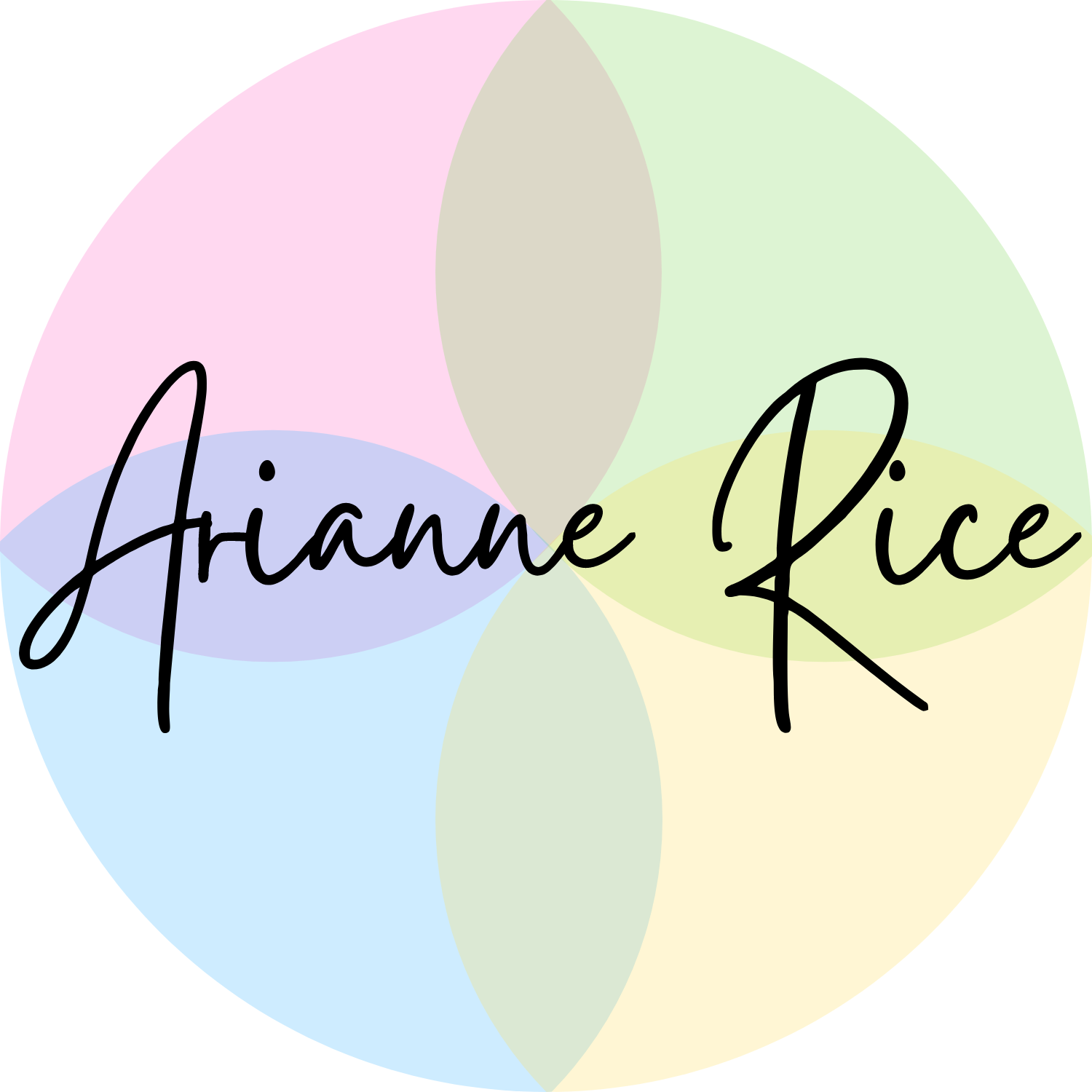What Things?
In my last year at seminary I attended my one and only “Veneration of the Blessed Sacrament” at St. Mary the Virgin in Times Square – an Anglo-Catholic worshipping community.
What is veneration of the blessed sacrament you ask? Basically, what it sounds like. You look at the blessed sacrament – i.e. the consecrated bread – and venerate it (for a more complete history, Wikipedia will do). Prayers are said as the priest displays the host in a monstrance, arms outstretched, held up high for the gathered to gaze at and adore.
And guess what? I did not like it. I did not like it one bit.
I remember saying to myself as I stared at the altar, “Well, Arianne I think it’s official – I’m no longer Roman Catholic.”
That probably makes sense to some of you. You see, I was raised Roman Catholic. And while I had never been to a service like this before, I had certainly done my share of venerating.
Venerating the wine that only the priest could drink. Venerating the bread before my first communion. Venerating icons, and tchotchkes and all sorts of holy objects from holy lands. The Roman Catholic church itself was an institution to be venerated – as THE ONE, TRUE church. And yes, all caps is exactly how the Roman Catholic church was writ large in my head.
Because at an early and impressionable age I had been told matter-of-factly, that all the other expressions of Christianity, were just plain wrong. And in a variety of ways that seemed designed to cultivate worshipping at a distance that message was driven home.
That first year of seminary I felt like a poser. Sure, I’d been confirmed in the Episcopal church, but only a few years prior. I didn’t consider myself a “real” Episcopalian. I’d been “raised Catholic” as people say. Intellectually I knew that Roman is a tradition and a teaching. Like Anglicanism. Like Orthodox. Like Lutheran. Like thirty-thousand other denominational identities.
What drew me to being a priest, what pulled me into seminary, what was affirmed with all my eye-opening, in-depth study was a truth that had always been written on my heart.
Jesus does not care about denominational identities.
Jesus cares about me, and you, and everyone else. Jesus is the truth of love that embraces all identities. And when we gather, we remember the life, death, resurrection of Jesus so that we can again remember our identity - a unique and beloved child of God.
The bread that was shared after the connection and conversation on the road to Emmaus, our gospel for this Sunday, is incidental to the connection and conversation. The eyes of those disciples were opened because Jesus met them “on the way.” Their eyes were opened because Cleopas tried to embarrass, dare I say, shame this unrecognizable Jesus into thinking he was asking a stupid question. Jesus wasn’t taken aback, he asked again, “what things?”
You know, I think Cleopas was trying to do what many of us are doing right now. In this time when so many uncomfortable feelings wash over us multiple times a day. We try to expel them. Get rid of them. Displace our anxiety and sadness by striking out or losing our temper when someone asks us a question who we think should know better.
Cleopas is grieving. He is shell-shocked. It is still what we call Easter on that road. Just three days ago Jesus had been crucified. Of course he’s struggling.
“What things?” Jesus asks and Cleopas answers. Jesus then reminds them of all the stories they have known and held close to their heart. Reminds them of the words of comfort, prophecy and challenge of the prophets. Jesus connects some dots, makes meaning, exegetes the experience they are living.
And Jesus would have left it at that. He was going to keep walking. But when we connect with people who pose questions that invite more questions, that stir our hearts, that invite connecting the dots of our lives with a purpose greater than ourselves – we want more. We are hungry for “that” all the time.
And so, an invitation is extended and accepted. A community of people gather around a table to share a meal. And then - then their eyes are opened. Not because they stared at something holy but because they themselves created holiness.
For those of us who are priests and preachers we are all learning new ways to break open the bread. For me, it’s in breaking open the word. The living word of God revealed in the person of Jesus who himself was the Word.
And the breaking of actual bread is going to have to wait.
My preaching, friend, in whatever way you are breaking open the word of God to help people see the love, hope, strength and support, i.e. the presence of Christ in their lives right now – that is good! We do not have to have all the answers. We help people see the places where Jesus is meeting us. The places in our lives every day where Jesus asks us, “What things? Tell me. Share with me. Let me help you see how connected we all really are and always have been.”
The word became flesh and dwelt among us. And still does. There is new life in the world right now to gaze upon and venerate.


